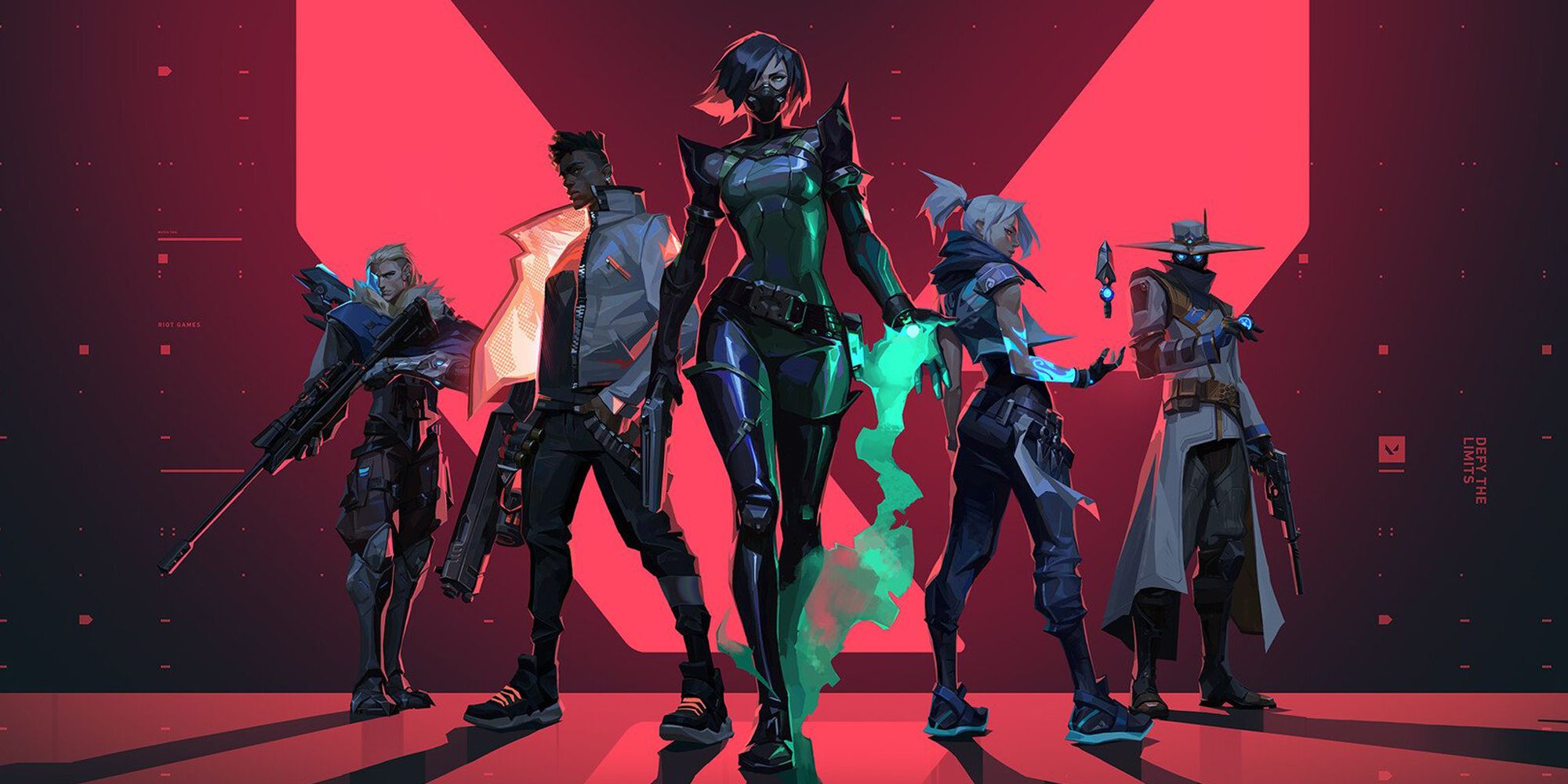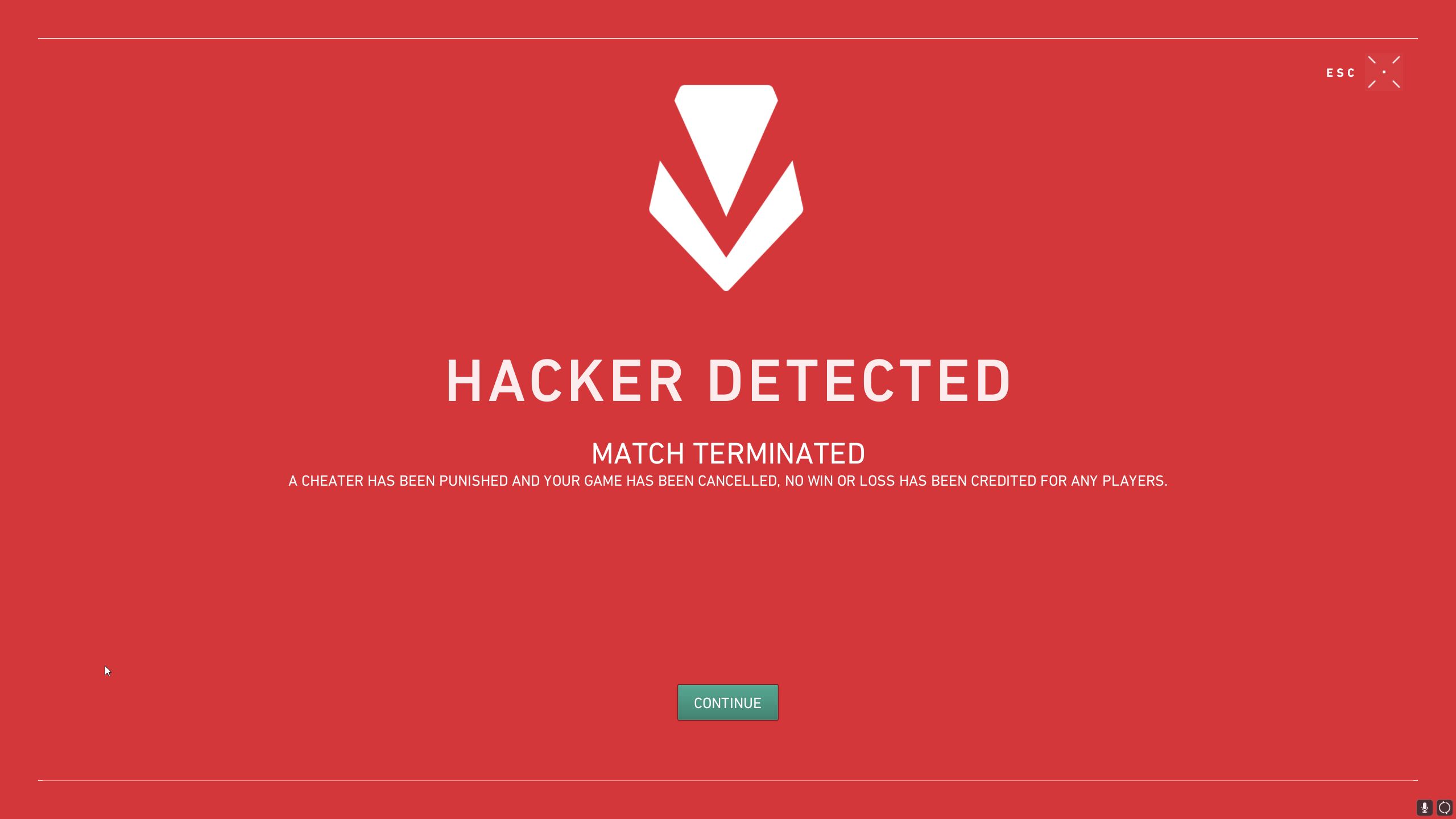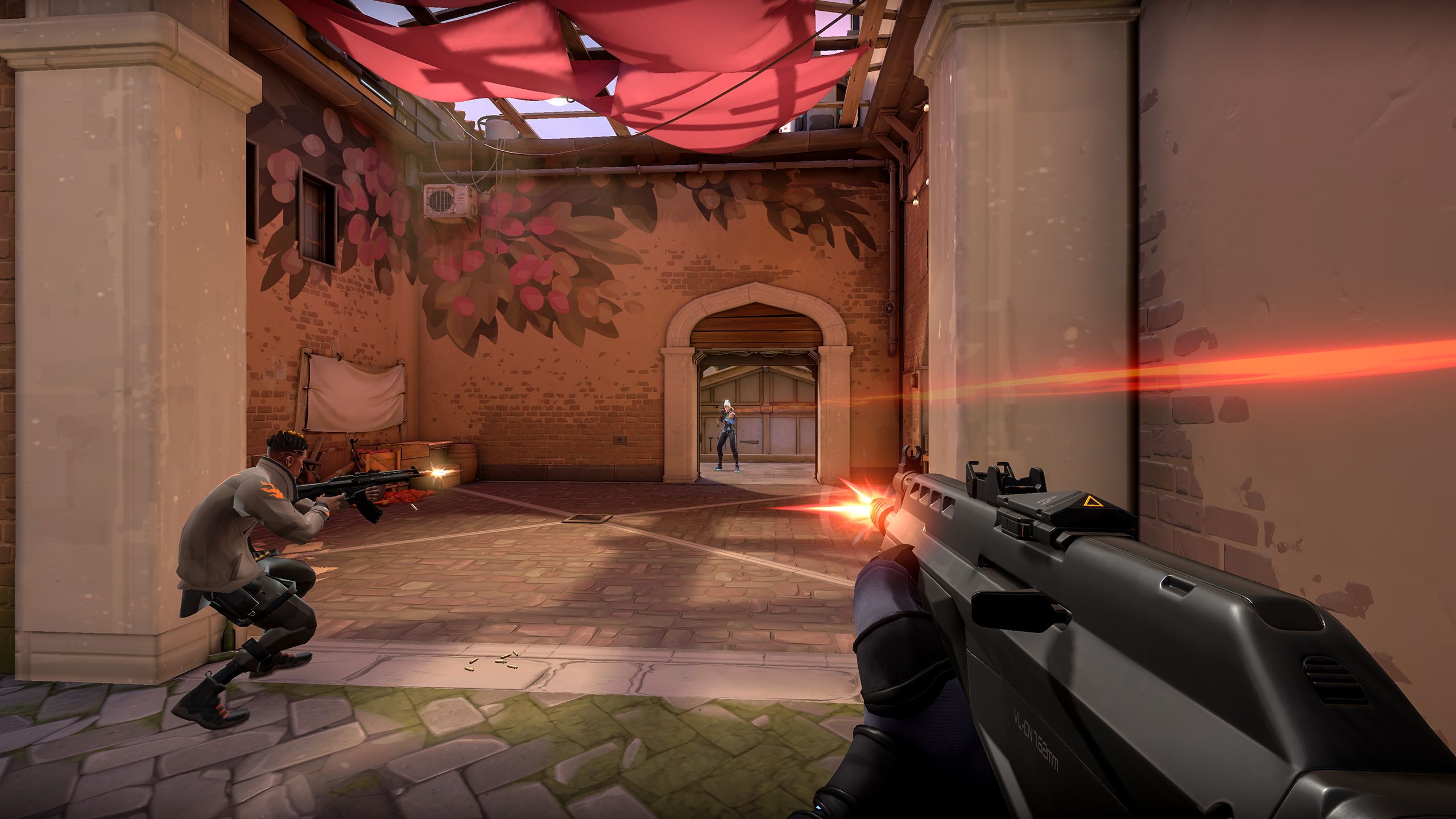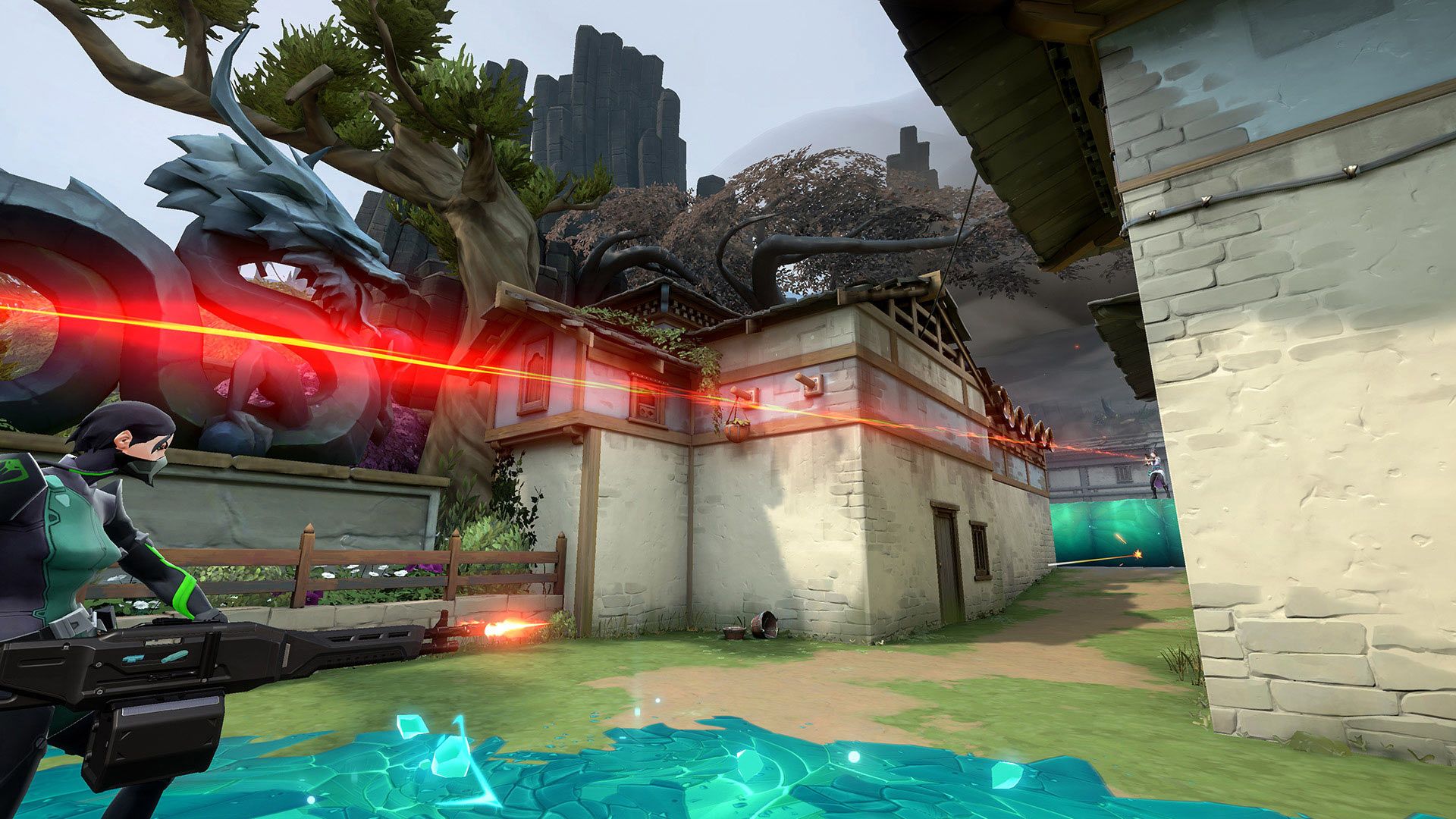Riot Games, the developer behind worldwide mega-hit League of Legends, looks to take over another chunk of the esports market with their upcoming 5v5, hero-based tactical first-person shooter Valorant. The game's closed beta has become a raging success since it launched in early April, almost immediately becoming the top streaming title and smashing Twitch records with over a half a million viewers at any given time.
It's clear that Riot has yet another goldmine on their hands, with Valorant already poised to take over as the next big competitive eSports craze. Yet for all the success the beta has enjoyed so far, the controversy surrounding its mandatory anti-cheat software has marred what would have been an otherwise stellar debut.
Upon downloading Valorant's beta launcher, users will eventually be prompted to restart their computers in order for Riot's proprietary anti-cheat program Vanguard to complete its installation. After rebooting your PC, you'll get a notification that Vanguard has been installed successfully and can dive right into Valorant's frenetic tactical FPS action. It's a relatively simple process for most people and does an excellent job of preventing hackers from spoiling the fun for everyone else.
However, before a patch was introduced last week, Vanguard was an active process running in the background from the moment you turned on your computer. It monitored which programs were opened concurrently with Valorant and took necessary action to prevent anything that could be considered cheating. And while online security features are a necessary precaution these days to maintain the integrity of competitive play, what makes it concerning is the exact level of control that's handed over to Vanguard the moment you install it on your machine.
A group of Reddit users have determined that Vanguard is installed on what is called the essential system-level of your computer, meaning it's nearly impossible to deactivate without the necessary security privileges and some serious IT knowledge. This amount of access over every aspect of the operating system is typically reserved for antivirus programs, which need full control over all processes in order to effectively protect you from malware, adware and kernel exploits. Playing Valorant essentially means handing Riot Games the keys to your PC and hoping for the best.
That's precisely why so many players are bothered by Valorant's overly-invasive anti-cheating implementation; the number of ways this level of access could be taken advantage of is staggering, and the damage hackers could cause with it would make cheating in a video game seem insignificant. If Riot's servers happened to be breached, hackers would have complete control over every single computer with the Vanguard program installed on it. That means they'd have access to all of your passwords, documents, photos, banking info and any other information they could find with relative ease.
And with over a million players already active in Riot's constantly expanding beta, a security breach of that severity would be an absolutely devastating blow to both the player base and gamers' trust in Riot as a company. The growing voices of concern have been quick to point out that reliable anti-cheat software already exists, with none of them presenting anywhere near the same level of security risk that Vanguard does.
Riot Games has commented on the ongoing controversy by assuring players of Vanguard's safety, calling it a necessary inclusion in order to maintain the highest competitive integrity possible for online play. The methods by which cheaters attempt to gain an advantage are rapidly evolving, and Vanguard was designed to combat these tactics at the highest possible level so that gunfights in Valorant always feel fair. It's even gone as far as offering bounties to anyone able to identify security issues or game exploits, citing the safety of player data as one of its top concerns.
Yet it seems like the backlash over Vanguard's mandatory installation has caused Riot to relax some of the more extreme aspects of the software. A recent patch has made it possible for it to only run when playing Valorant, no longer requiring users to have it running in the background at all times. The level of access it has and the privacy risk present is certainly still a concern to the community as a whole, but at least Riot seems to be listening to beta feedback as Valorant's official release draws near.




